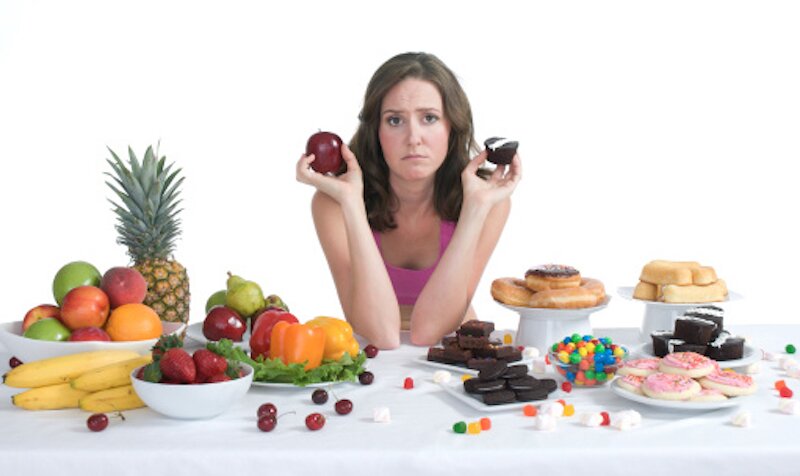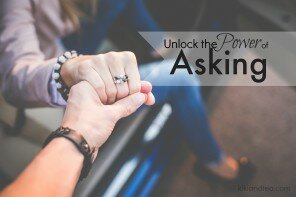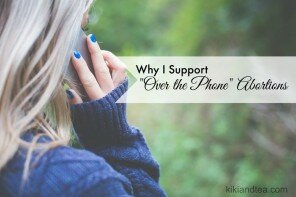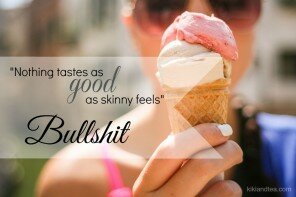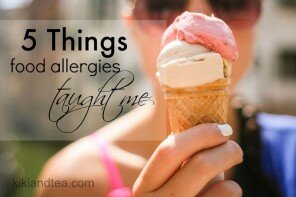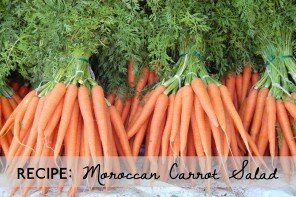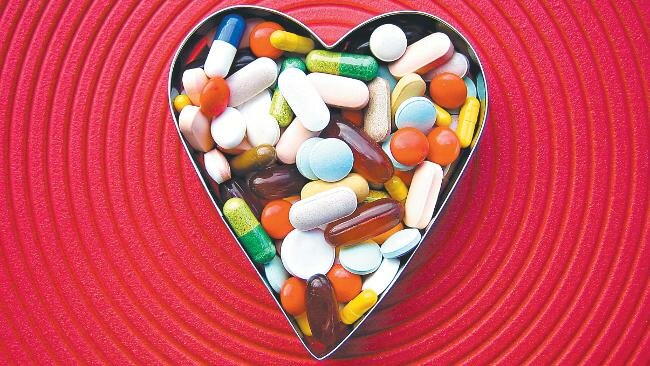I have a confession to make: I’ve become a food legalist.
In my mind there are two lists of food: one labelled ‘good’ and the other ‘bad’.
Every day, for most meals, I place different foods in either column. This may not sound unusual in an age of fad diets, but what is odd about my lists is how arbitrary they are. Rather than simply saying, “broccoli good, donuts bad”, I have managed to distil eighteen months worth of celebrity nutritional advice into a fastidious Code of Eating.
In the ‘good’ column sits any food that is organic, eaten by a caveperson, sweetened by some kind of plant or containing an ingredient I can’t pronounce. The guilt-inducing ‘bad’ column is more wide-ranging: packet food, white food, fast food, anything resembling a carbohydrate. Then there are the bandwagons I’ve jumped on along the way. Coconut oil is fine, but gluten is to be avoided, even though I don’t have an allergy. Food should be eaten as raw as possible. Butter is better than oil, so long as it’s cultured and locally sourced from grass fed cows.
It’s hard to say when my relationship with food became so fraught. When did quinoa become the food of heaven? Or a bowl of pasta served with an extra lashing of guilt?
Growing up, eating was simple. Apart from a brief obsession with only eating canned tuna, I understood how a balanced diet worked. Sure, I dabbled in various diets, but I don’t remember ever beating myself up over food.
While I don’t know exactly when this changed, I do know that sometime in the last few years, between kissing my twenties goodbye and having two babies that dimpled my stomach and softened my arms, my attitude to food shifted. I wanted to lose the extra weight I’d gained during pregnancy. I was also desperate to gain some control in my life and food – which easily lends itself to restriction, categorisation and fastidious goal setting – was an easy target.
When you obsess over what the media says about dieting, you learn that food isn’t just about nutrients. Food embodies an entire lifestyle. Kale and blueberries are toned bodies running on beaches, homemade dinners and impossibly clean kitchens. Almond milk is white smiles and flat stomachs. Chia pudding: wholeness in a bowl.
Nutrient poor foods, on the other hand, are not just deemed unhealthy. While once the most you could accuse a bowl of ice cream of was being high in fat; today we heap so much condemnation on certain foods. Eating cheesy macaroni for dinner lacks self-control. White bread is for lazy people. Consuming sugar makes you an addict.
I’m all for healthy diets, but there’s something off-kilter in the way we’ve infused food with values that have nothing to do with eating. On the Internet, I’ve read fitness articles entitled ‘100 Superfoods for a Super You’ and slogans like, ‘You are what you eat, so don’t be fast, easy, cheap or fake’. Thanks to Instagram, a filtered photo of a piece of salmon can separate those ‘fast, easy cheap and fake’ eaters from the clean ones, i.e. happy and middle-class people who can afford the price of organic fruit.
In extreme cases, we use food to judge others. Some of the nastiest online comments I’ve seen are from parents condemning those who put food colouring in their kids’ cupcakes. Another site pictured two stomachs: one flat labelled ‘water’ and the other a stomach that looked exactly like mine, emblazoned with the word ‘cake’.
Even though I knew the image was guilt-inducing click bait, it spoke to my insecurities. A small part of me believed that eating clean would purge my life of impurities both emotional and physical; that I would somehow emerge a better, more whole person.
Ironically, the opposite happened. The biggest problem I have with attaching values to food is that it’s ultimately a form of enslavement. When I see my day as a series of food success and failures, my perfectionist nature kicks into overdrive and I become the world’s worst legalist. I feel smug when I drink a green smoothie for breakfast, remorseful when ordering takeout. Once, I actually experienced pangs of guilt after eating a cheesecake at a friend’s birthday dinner, like I’d committed some great act of betrayal. Here’s a tip: when you’re regretting cake at a birthday party, it’s possible you may have lost perspective.
Because the truth is that we are not what we eat.
Eating cake doesn’t make you lazy. A bowl of quinoa does not a virtuous person make. While some foods are healthier than others, eating them can’t fundamentally change who you are. It sounds so bleeding obvious when I say it out aloud, but it’s much harder to change the internal dialogue many of us have playing in our heads. Every woman cheered during that scene in the movie Eat Pray Love when Julia Roberts guzzles spaghetti in with abandon. Why can’t we do this in everyday life? See food as something that nourishes instead of enslaves?
I am making small steps to tear up my two lists. I’m trying to see all food as sustenance, rather than ‘good’ and ‘bad’. I’m giving myself permission to enjoy breaking my rules more frequently. And I’m once again relishing bread, pasta and all that golden loveliness that used to sit at the bottom of the food pyramid (remember learning about that at school?).
Though I do have one more confession to make, my last hurrah as a former food legalist: Raw cacao powder mixed with dates just doesn’t cut it for me. I’ll take a block of dairy milk chocolate, thanks.
Have you become a food legalist? Do you feel like your food choices make you a better or worse person?

